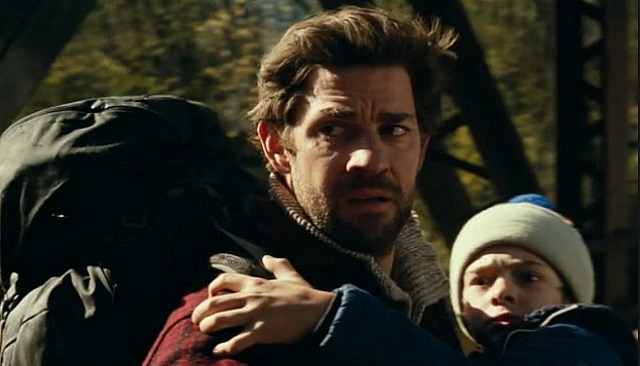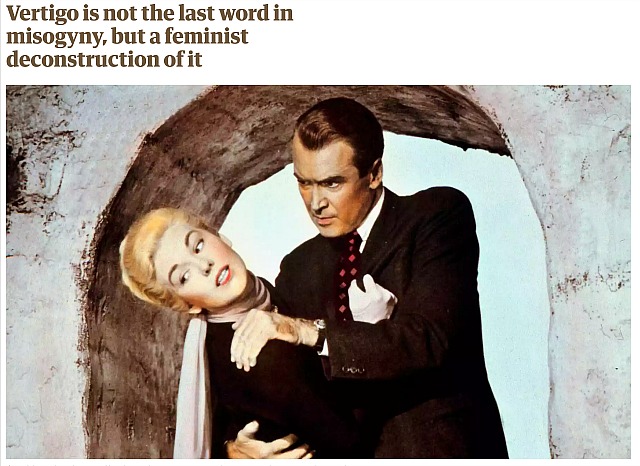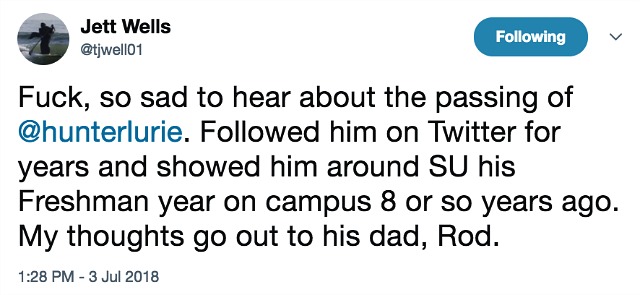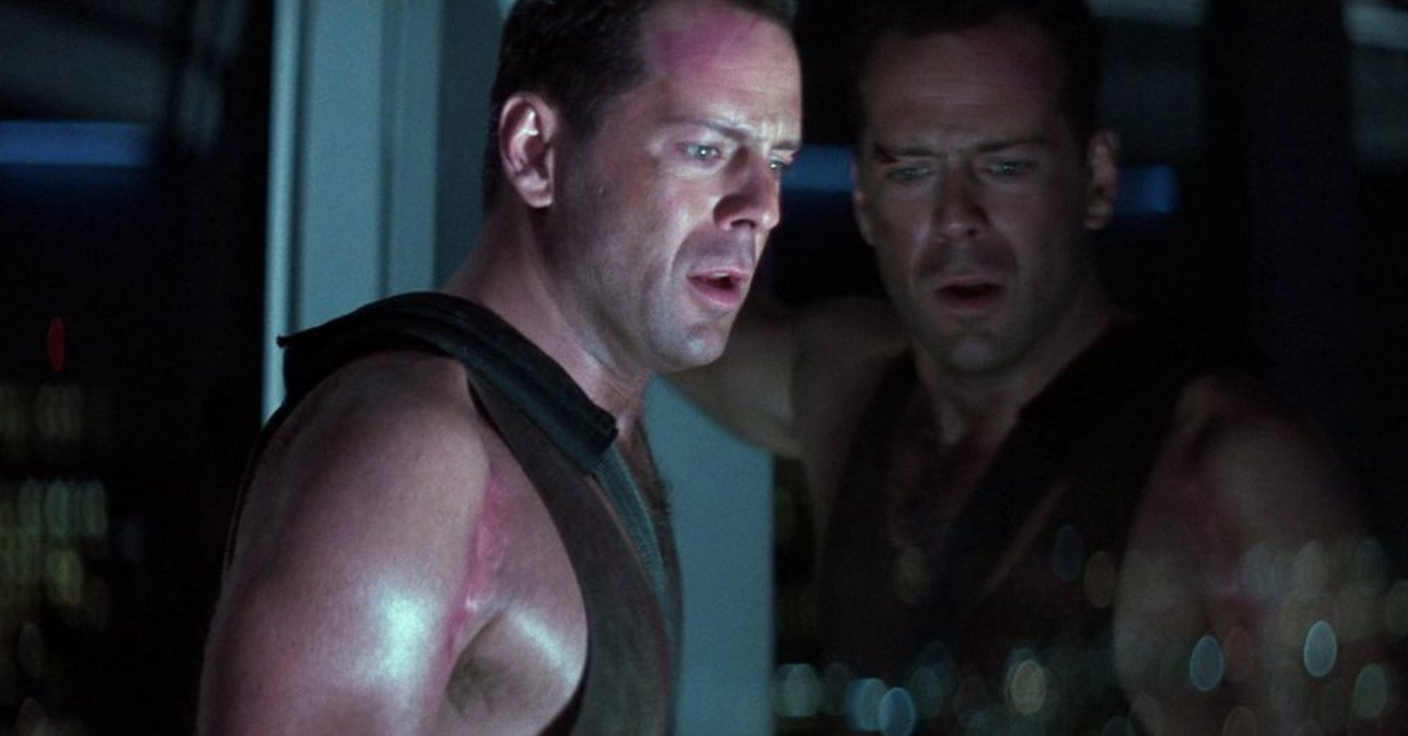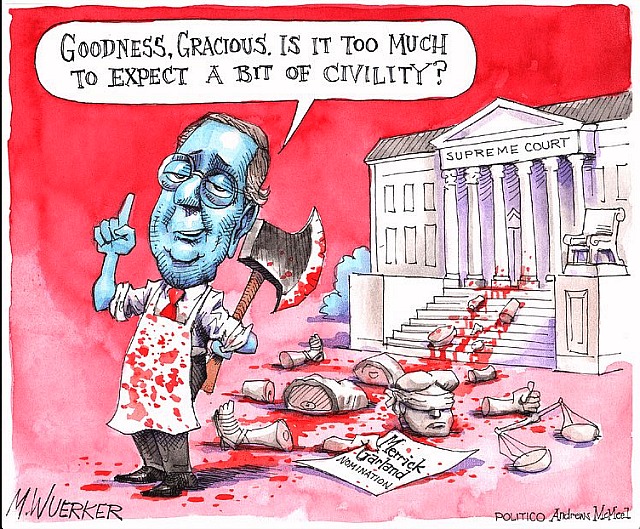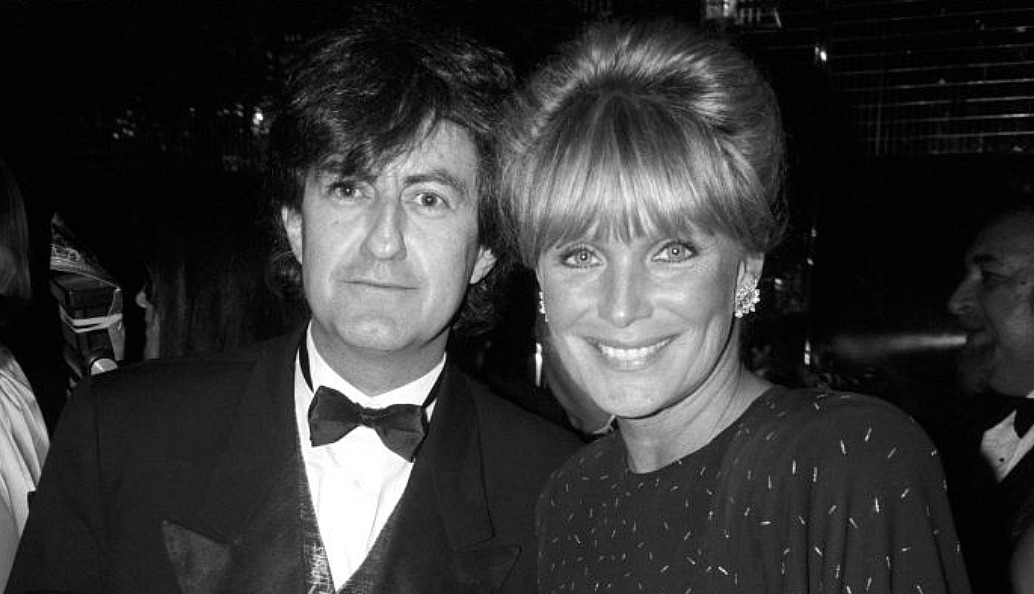Scarlett Johansson is in trouble again for wrongful cultural appropriation.
Last year ScarJo was accused of whitewashing after portraying “Major Mira Killian” aka “Motoko Kusanagi” in the Japanese manga-based Ghost in the Shell (Paramount). Now she’s being accused of “ciswashing” for signing to play real-life trans massage parlor owner Dante “Tex” Gill in Rub & Tug, a forthcoming crime drama to be directed by GhostintheShell helmer m Rupert Sanders.
Johnsson’s response to the Twitter outcry: “Tell them that they can be directed to Jeffrey Tambor, Jared Leto and Felicity Huffman’s reps for comment.”
The trans-twitter community apparently feels that only a real-deal trans actor should play Gill (who transitioned from being a woman to a man). They presumably regard Johansson’s casting in the same light that Native Americans probably saw the casting of Henry Brandon as “Scar”, the Comanche villian in John Ford‘s The Searchers (’56).
Let’s back up and consider how this could have been avoided. Actors in top-tier Hollywood films are typically cast by producers and directors with two goals in mind — (a) find the most gifted actor to play a given role for the benefit of the film, and (b) preferably an actor with name recognition among the hoi polloi, in order to help boost ticket sales. So in a perfect world Johansson would have declined and Sanders would’ve found a gifted trans actor instead…fine. But who would that be?
I’m in no way condoning “ciswashing,” but if you were the producer of Rub and Tug, would you be cool with Johansson withdrawing and then casting a more authentic actor? What would have been a practical solution?


